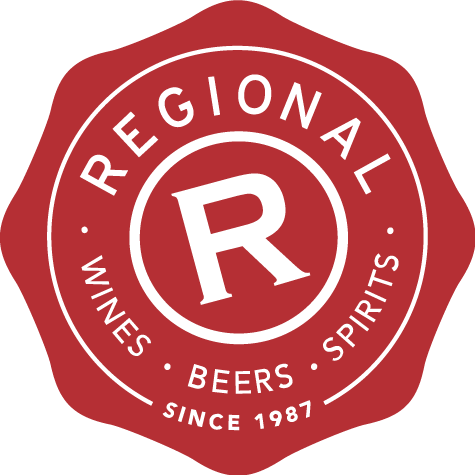What vegan wine is - and isn't
What is vegan wine and why would wine not be vegan since it's made from grapes?
Both are questions that we hear more often every year with the growth of interest in plant based diets and more transparency on the part of food and beverage producers. In this sense, it's positive that winemakers are being clearer than in the past and willing to discuss the fact that wine does often go through processes that involve products other than grapes.
The main winemaking process following harvest is fermentation and additives are often used. These additives come in the form of commercial yeasts, which are added to wine. They are not derived from animals. Once a wine has been fermented, it is often aged and if it's a red wine or many fuller bodied whites, then it often rubs shoulders with the plant kingdom again, in the form of oak barrels. This is no problem for vegans or vegetarians there but it's after this gentle oxidative ageing process in oak that animal products might sometimes be used in the winemaking process.
Traces are unlikely to remain in the wine but still, what exactly does it mean that animal products were used?
Why use animal based products?
It not only sounds dubious but it's hard to understand why animal products may find their way into wine in the first place. The answer is fining.
Animal based products are often - but not always - used in the process of fining wine. This means removing small particles, usually proteins derived from yeasts left over floating in the wine, and the best way to do this is to use a protein based product, which can bind to these tiny particles. Enter animal products.
Fining agents include milk and egg whites as well as isinglass from fish but also, increasingly, clay - a non animal based product which New Zealand happens to have in plentiful supply.
Do all wines that are fined use animal products?
No. A growing number of winemakers use bentonite (clay) to fine their wines.
Is an unfined wine a vegan wine?
Often but not always because if taken to a purist definition, the glue on a wine label is potentially often made from animal derived products too.
Is it a minefield trying to define actual vegan wine?
Yes. See above.
Does vegan wine exist?
Yes.
How do we know if a wine is vegan?
We have many wines in store at Regional that have certified vegan back label stamps. These are generally from the European Union and they are certification from an independently audited organisation, such as BioGro NZ, which certifies organic products independently. This is all very well but it means trawling through bottles to look at the back labels.
Vegan labels
We have considered putting vegan tags on our wine shelves but this is a potential minefield because many of the wines in store do qualify as vegan but don't say that they are.
The concept of adding vegan tags to our wine shelves is an ongoing discussion at Regional Wines & Spirits. Watch this space.
Buy certified vegan wines here
Yalumba
All Yalumba wines are vegan - buy here
Maravedi
2019 / 2020 Maravedi Tempranillo Syrah RRP $15.99 - buy here
2018 / 2019 Maravedi Chardonnay Airen RRP $14.99 - buy here
Whitehaven - buy here
2021 Greg Sauvignon Blanc
2019 Greg Pinot Noir
2020 Whitehaven Chardonnay
2020/21 Whitehaven Rose
2021 Whitehaven Pinot Gris
2021 Whitehaven Riesling
2021 Whitehaven Gewurztraminer
2021 Whitehaven Noble Riesling
2020 Whitehaven Pinot Noir
Mansion House Bay - buy here
2020 Mansion House Bay Sauvignon Blanc
2021 Mansion House Bay Pinot Gris
2018/20 Mansion House Bay Chardonnay
2021 Mansion House Bay Rosé
2020 Mansion House Bay Pinot Noir
* We will add to this list. Watch this space.
